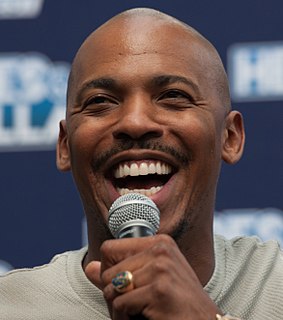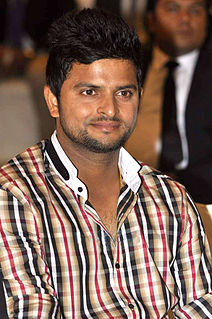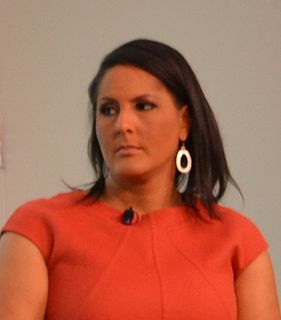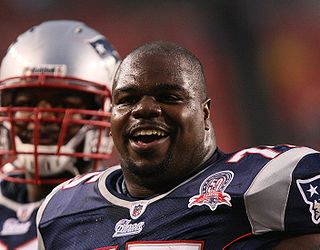A Quote by Chuck Klosterman
A lot of people have this strategy where if they have a hard question they wait to ask it to the end of the interview because they think the person is going to walk out. But what they have to realize is, is that if the person walks out, they have a pretty successful story.
Related Quotes
If you can contribute 45 minutes - one hour a day a week exercising, you're going to be a healthy person. You can cut down on diabetes and all of these manmade problems we have. I do embrace the fact that I can maybe be a voice for people to realize that it's not as hard that people think. I'm a pretty passionate person.
What I bring to the interview is respect. The person recognizes that you respect them because you're listening. Because you're listening, they feel good about talking to you. When someone tells me a thing that happened, what do I feel inside? I want to get the story out. It's for the person who reads it to have the feeling . . . In most cases the person I encounter is not a celebrity; rather the ordinary person. "Ordinary" is a word I loathe. It has a patronizing air. I have come across ordinary people who have done extraordinary things. (p. 176)
Some people ask why we don't just wait until we have the whole story before posting. The fact is that we sometimes can't get to the end story without going through this process... When a story is up and posted, it's amazing how many people come out of the woodwork to give us additional information... And readers love it.
The moment in the account of Adam and Eve in the book of Genesis is when they realize they're naked and try and cover themselves with fig leaves. That seemed to me a perfect allegory of what happened in the 20th century with regard to literary modernism. Literary modernism grew out of a sense that, “Oh my god! I'm telling a story! Oh, that can't be the case, because I'm a clever person. I'm a literary person! What am I going to do to distinguish myself?...a lot of modernism does seem to come out of a fear of being thought an ordinary storyteller.
A lot of people involved with celebrity journalism have interesting ideas about the people they want to write about going into the interview. Then as soon as they actually sit down with that person, they basically ask the questions they think journalists are supposed to ask, and they start viewing themselves almost as a peer of the subject. Like they're going to become friends. That's why most celebrity journalism is so terrible.
When you're successful, there will be friends, people, VIPs rallying around you. When you're down and out, you're all alone. That's why it's important to be a good person. Because whether you're a successful cricketer or not can always change, but the respect you earn by being the person you are stays with you.
I think people kind of come up and go, "Why hasn't that person busted out?" Almost always at the end of career, what you find out is that either consciously or subconsciously success hasn't happened because that person hasn't chosen for it to happen. Either through walking away because it wasn't the life they wanted or through self-sabotaging because they weren't ready.
I feel like a lot of people involved with celebrity journalism have interesting ideas about the people they want to write about going into the interview. Then as soon as they actually sit down with that person, they basically ask the questions they think journalists are supposed to ask, and they start viewing themselves almost as a peer of the subject. Like they're going to become friends. That's why most celebrity journalism is so terrible.
Whenever you see someone who's having a rough day, it's one thing to ask if they're okay, because most people would just walk by. That can be life-changing to that person who's going through whatever they're going through. I'm that kind of person, so that's been my training for acting: just caring about people.
I just think to pose for the Body Issue is a good idea for people that are bigger-boned. If people can look at me, a guy that's 325-plus, doing an issue like this, I'm pretty sure that they might have a little confidence. There will be critics, just like with everything else. I think a lot of people will get a laugh out of it, I'll tell you that. I'm looking forward to what the locker room's going to say. But at the end of the day, I'm perfectly fine with who I am as a person and what I have accomplished. It shows a lot of my personality.
































